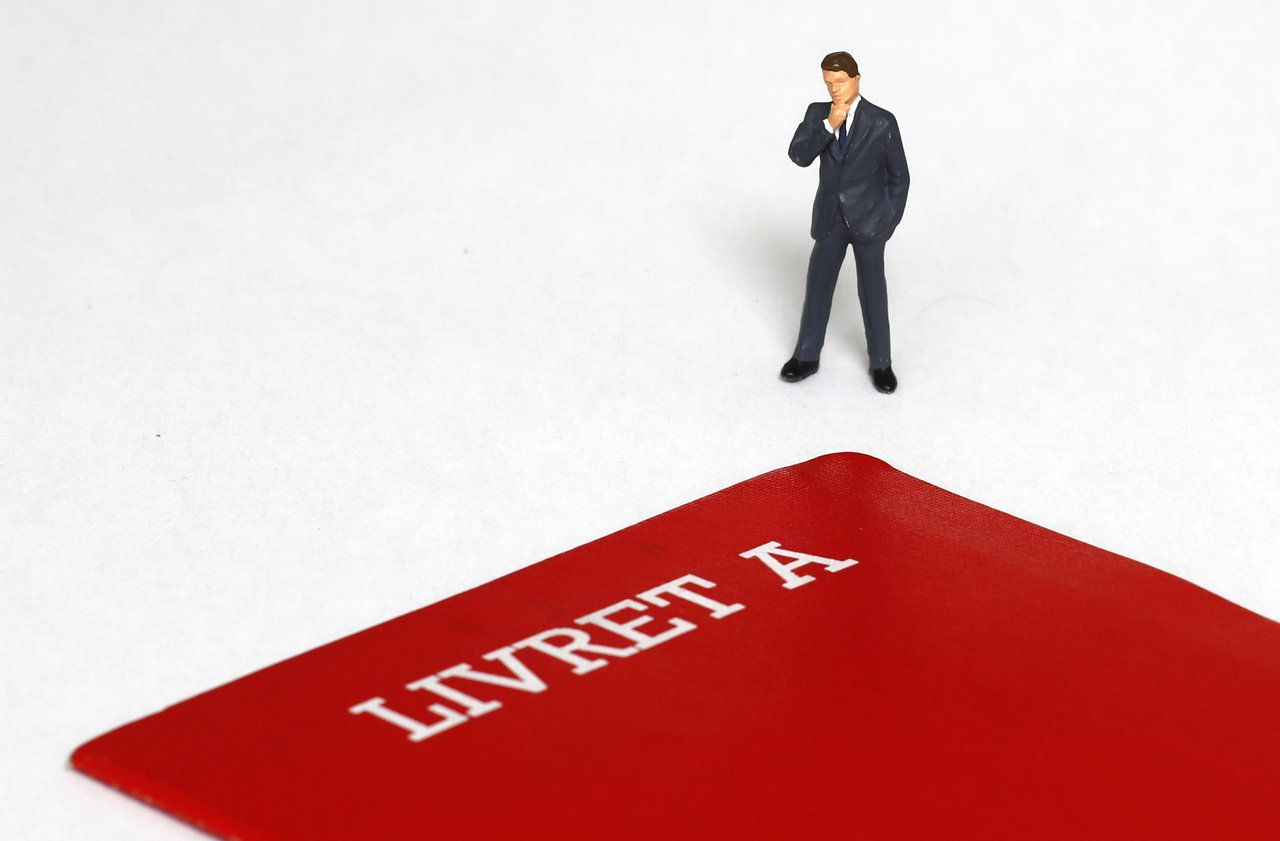What to do with these billions of euros that the French have not been able to spend and which sleep comfortably in their current accounts or other regulated savings accounts, such as the livret A?
According to the Banque de France, in 2020, they saved a trifle of 130 billion euros more than a normal year, to which should be added 70 billion euros by the end of the year.
That is to say a treasure of 200 billion euros, amassed due to the confinements which have restricted the spending of the French, in particular for travel, to go to restaurants, bars and other places of entertainment.
A surplus of savings also inflated by the ambient gloom.
A note from INSEE, published at the end of February, reveals that the balance of opinion of households considering that it is opportune to save "remains at its highest historical level".
If, on the left, we can imagine taxing the wealthiest to bail out the debt, within the executive we categorically reject this hypothesis.
"It would be inappropriate to tax this money when the French, because of confinement, do not have the possibility of spending it", we whisper in Bercy.
In the boxes of the Ministry of the Economy, according to Les Échos, the intention would rather be to temporarily reduce the taxation of small donations, in the order of 10,000 euros to 20,000 euros, in order to encourage spending this savings .
A proposal that would come in addition to the so-called "Sarkozy" donation, which allows a parent to transmit, without paying taxes, 100,000 euros every 15 years to his child, cumulative with another donation of 31,865 euros in total silver.
"It is a very simple idea and easy to set up, pleads Jean-Marc Zulesi, LREM deputy of Bouches-du-Rhône.
Given the current context, we must support the younger generations to enter working life.
"
70% of this savings held by 20% of the wealthiest households
The only problem, which makes a few parliamentarians cough even within the majority, this new boost to donation would have the disadvantage of mainly benefiting wealthy households.
A note from the Economic Analysis Council (CEA) published in October, reveals that 70% of this additional savings is concentrated on 20% of the wealthiest households.
Conversely, the most modest have saved less.
READ ALSO>
Savings books popular with French people in 2020
To break this effect "gift to the rich", in 2020, the MoDem group had proposed, without success, to tighten the tax on very high estates and reduce that on donations.
An explosive subject that would, according to its promoters, balance things while promoting the transfer of money to younger generations when they need it most.
"Studies show, the sooner the money is given, the more efficient it is for the economy," relates a parliamentarian.
Between the ages of 30 and 40, we are more inclined to take risks to invest, especially to start a business than between the ages of 55 and 60, when we are more inclined to put it aside.
"
Promote retirement savings plans and green investments
What does it matter!
In Bercy, it is estimated that if a new reduction in tax on donations were to see the light of day, it would not on its own make it possible to lose weight in French savings.
To direct it towards businesses, the Ministry of the Economy relies above all on various financial products, including those dusted off by the Pacte law, such as retirement savings plans (PER).
"Studies show, the French are more likely to invest their money in equities if the funds have a green or solidarity color, assures for his part Jean-Noël Barrot, MoDem deputy of Yvelines, vice-president of the Finance Committee .
Insurance companies or asset managers must therefore also do their utmost to promote PERs, life insurance and all contracts that have an ecological or solidarity option to savers.
"Finally, the parliamentarian, also an economist, assures him:" What is needed is to facilitate employee shareholding.
I am convinced of it, in the post-pandemic world, employees will have to be more involved in the life of the company.
"

